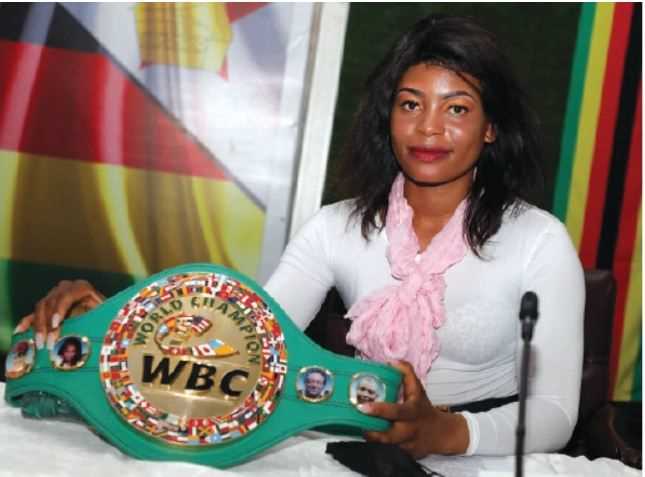
Patience Muchemwa
Despite strides in participation levels, female athletes in Zimbabwe continue to face an uphill battle for equal pay, recognition, and respect compared to their male counterparts. This persistent gender gap not only hinders their development but also diminishes their achievements, creating an uneven playing field that demands urgent attention.
Financial constraints pose a significant hurdle for Zimbabwean sportswomen. Limited sponsorship, lack of allowances, and unequal prize money create a stark financial disadvantage. Fadzayi Mandizha, a passionate rugby player, laments the restricted opportunities, saying: “So when it comes to rugby, as women, we are not being valued that much, taking for example the fact that the games are limited, there isn't much game time and exposure therefore, this leaves little or no room for development of women in sports."
Similar stories resonate from the Premier League, where female footballers reveal receiving no winning bonuses, a stark contrast to their male counterparts. One player shared: "We are not given equal attention because some of us are just playing for charity, we are not getting anything even the winning bonuses but most, if not all of, male teams are getting something from their teams."
Even national teams like the Gems netball team face the indignity of unpaid allowances despite tournament participation, highlighting mismanagement and disregard for their efforts.
Beyond financial struggles, the spotlight often shines unevenly on female athletes. Media underrepresentation and the tendency to focus on appearance rather than athletic ability further diminish their achievements. Sportswomen are frequently sidelined in media coverage, and when featured, the narrative often shifts to their looks and gender roles, as exemplified by the cases of Caster Semenya and Kudakwashe Chiwandire. This trivialisation and sexualisation reinforce harmful stereotypes and contribute to the undervaluing of their athletic prowess.
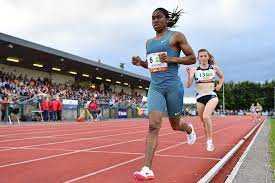
The lack of resources adds another layer to the already uneven playing field. Unlike their male counterparts, many women train on subpar grounds, often schoolyards or community fields, lacking access to proper equipment and adequate facilities. This inadequate infrastructure significantly impacts their development and performance, hindering their ability to reach their full potential. As another Zimbabwean Women’s Premier League player explained: “Even if you consider the grounds that we are using it’s so sad that we only use stadiums when we are playing with Harare City Queens which uses Gwanzura Stadium as their home ground the rest are school and community grounds.”
Related Stories
Cultural barriers also play a significant role in perpetuating the gender gap. Some parents remain hesitant to allow their daughters to participate in sports due to safety concerns and traditional beliefs that prioritise domestic duties over athletic pursuits. This restricts girls’ access to sports and reinforces existing gender norms, limiting their potential and creating an additional hurdle to overcome.
The fight for equal pay and respect transcends mere finances; it’s about demanding recognition and valuing women’s contribution at par with men’s. The recent movements by women’s football teams around the world, including South Africa’s Banyana Banyana, showcase the growing global momentum for change. It’s a call to action that resonates deeply within Zimbabwe’s sporting landscape. As one player expressed: “The battle for equal pay in women’s sports is not just about money. It’s about demanding recognition and respect for women’s contributions that’s at par with men’s.”
Addressing these challenges necessitates a multi-pronged approach. Firstly, increased funding and sponsorships are crucial to ensure financial stability and equal opportunities for women's teams and development programs. Secondly, fair compensation and allowances based on performance, regardless of gender, are essential to guarantee financial security for their dedication and commitment.
Shifting the media narrative is equally important. Showcasing women's athletic achievements and talent, focusing on their skills and contributions to the sport, is vital to dismantle harmful stereotypes and garner the recognition they deserve. Additionally, providing access to quality training grounds and necessary equipment creates a conducive environment for optimal performance and fosters a sense of empowerment.
Finally, challenging traditional beliefs and empowering parents to support their daughters' participation in sports is crucial to fostering a culture of inclusivity. Educational initiatives and community engagement can play a pivotal role in dismantling ingrained norms and creating a society where every girl, regardless of background, has the opportunity to thrive on the sporting stage.
By dismantling these barriers and promoting equal opportunities, Zimbabwe can create a truly level playing field for all athletes. This journey requires collective action from stakeholders, including sports federations, sponsors, media outlets, and the community. Only then can every athlete, regardless of gender, have the chance to shine and reach their full potential, transforming the landscape of Zimbabwean sports and inspiring future generations of female athletes to chase










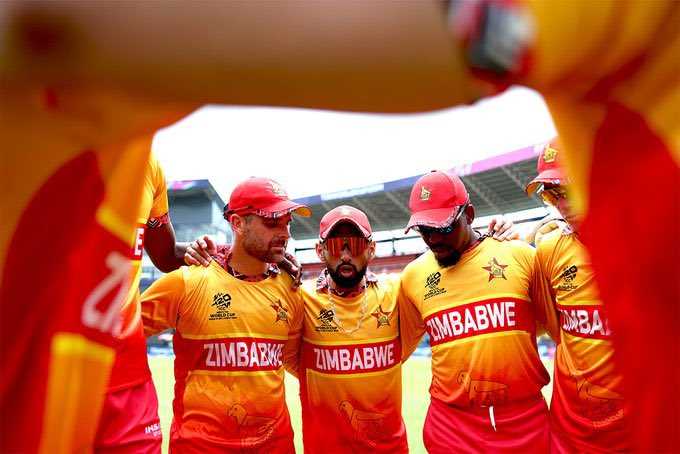

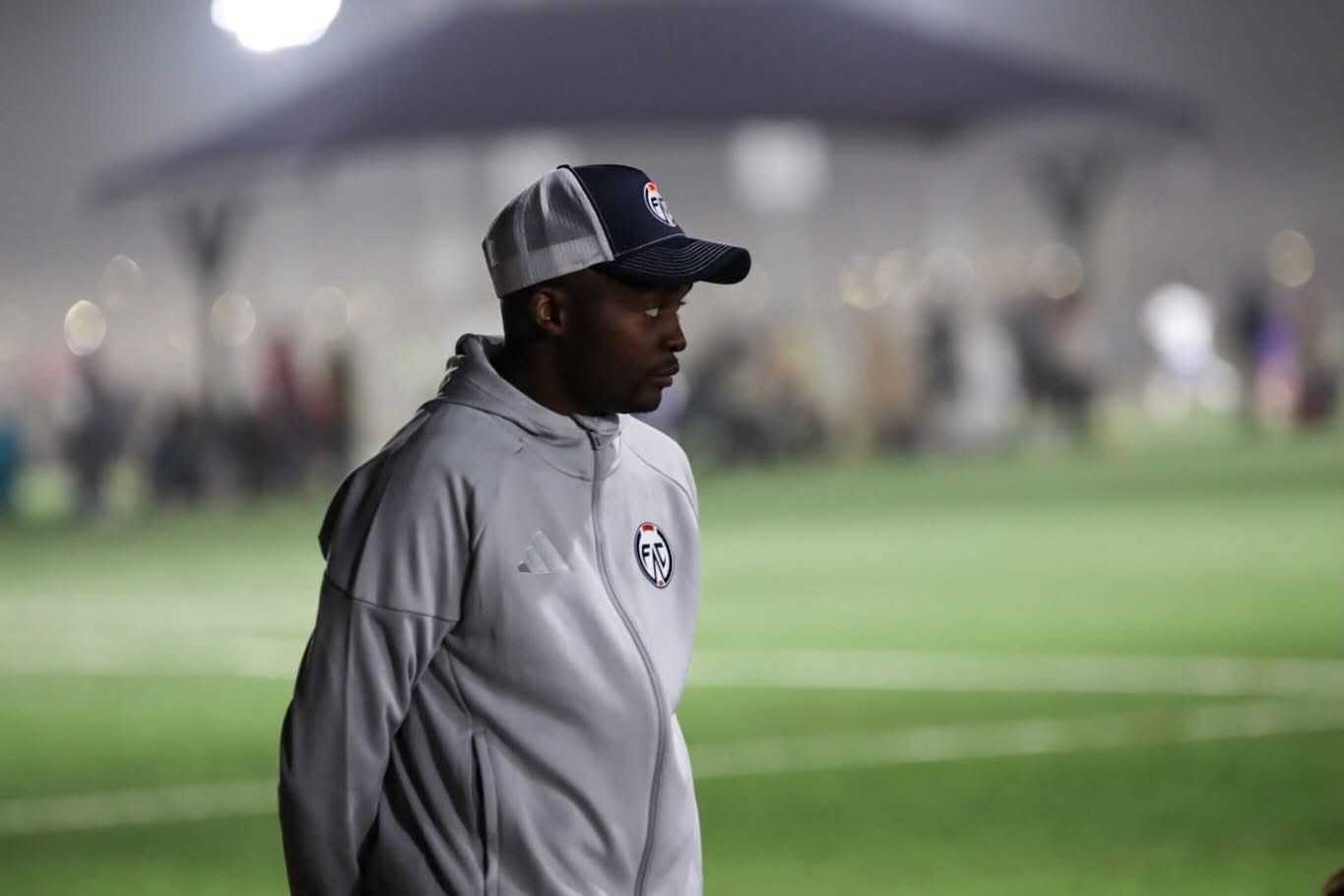

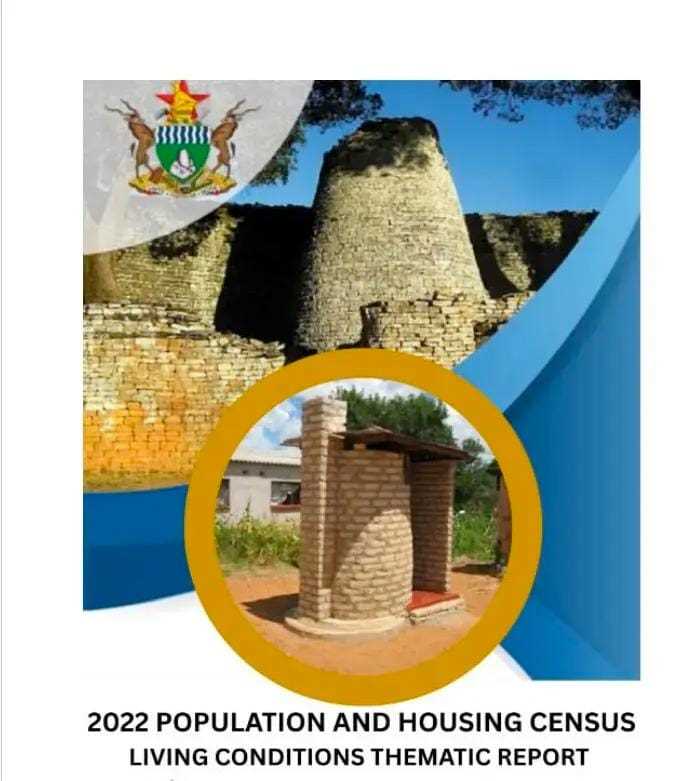
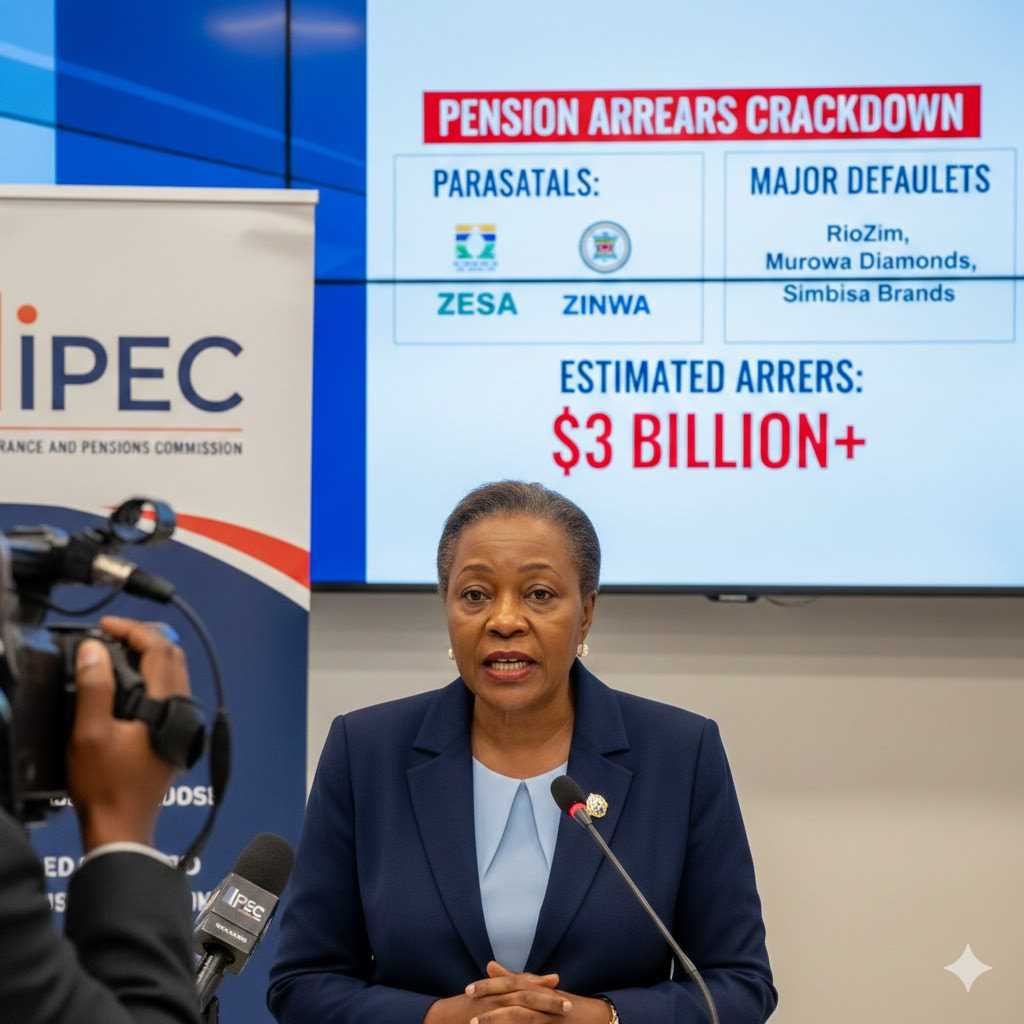


Leave Comments